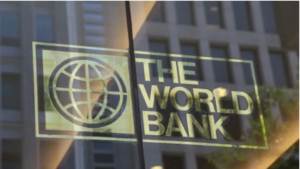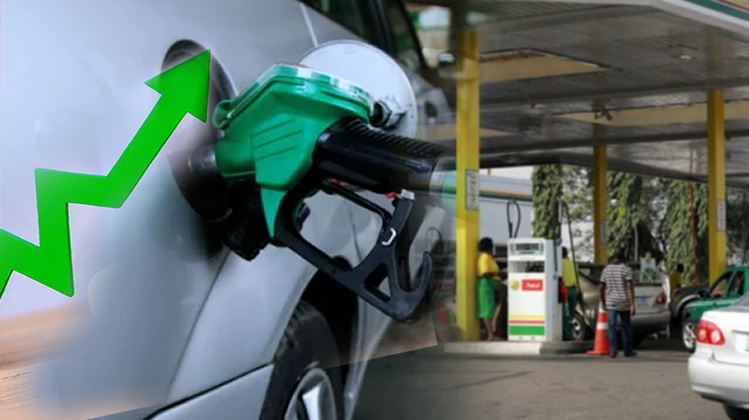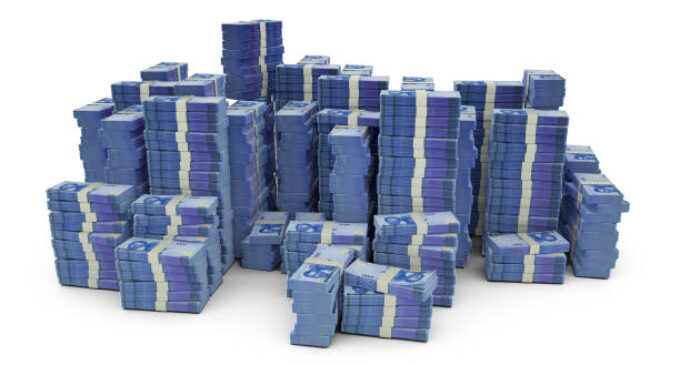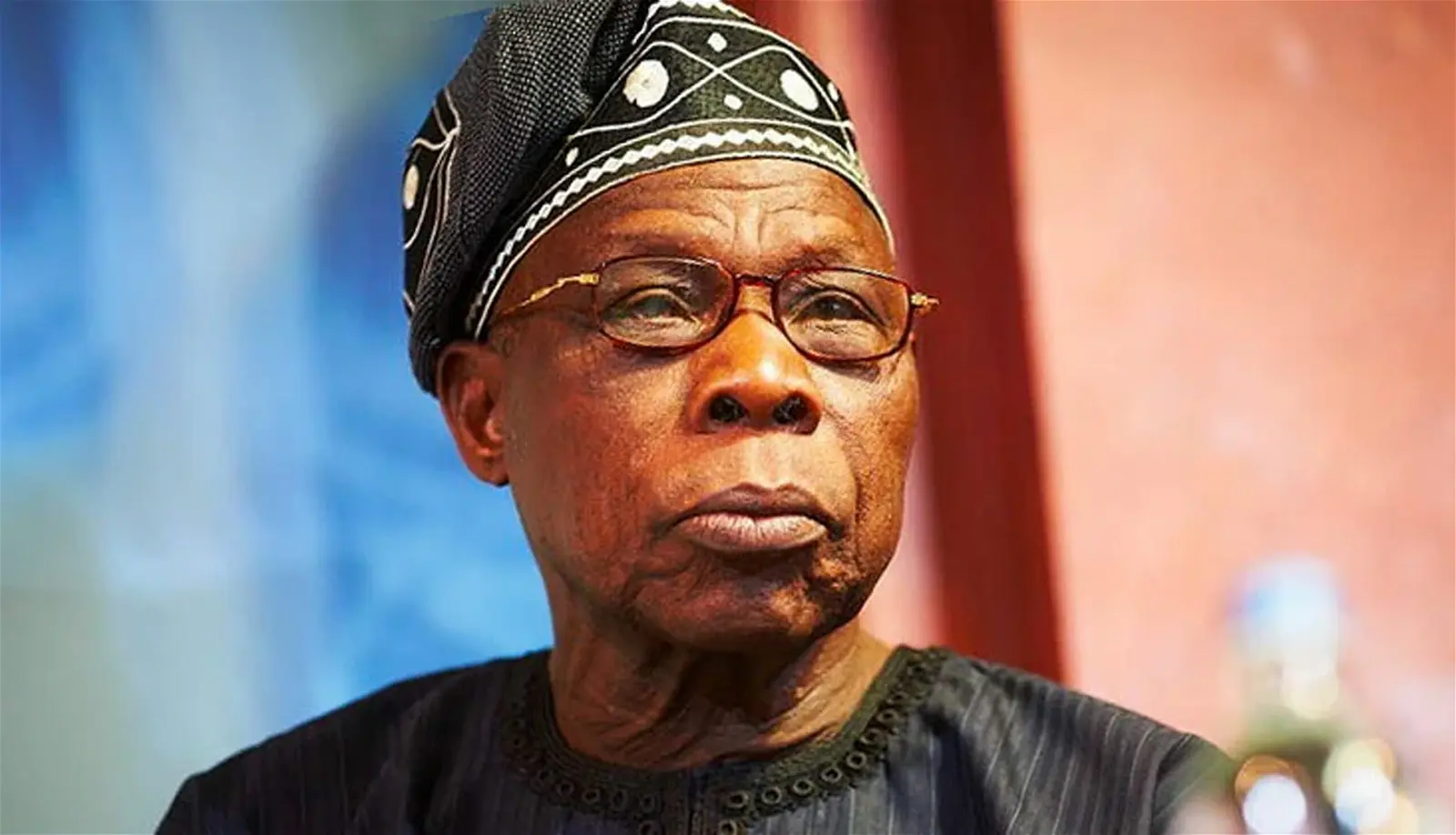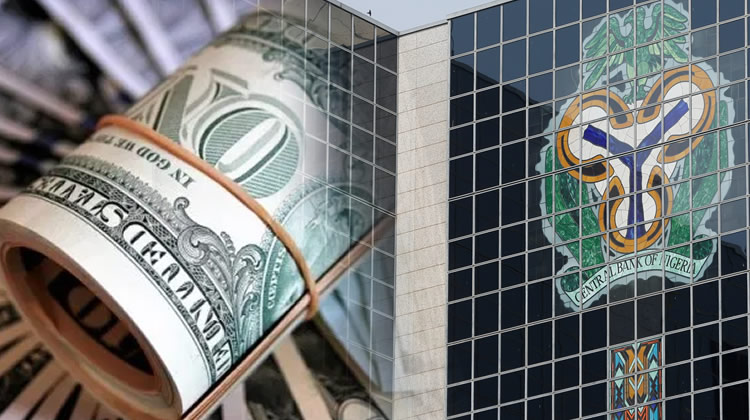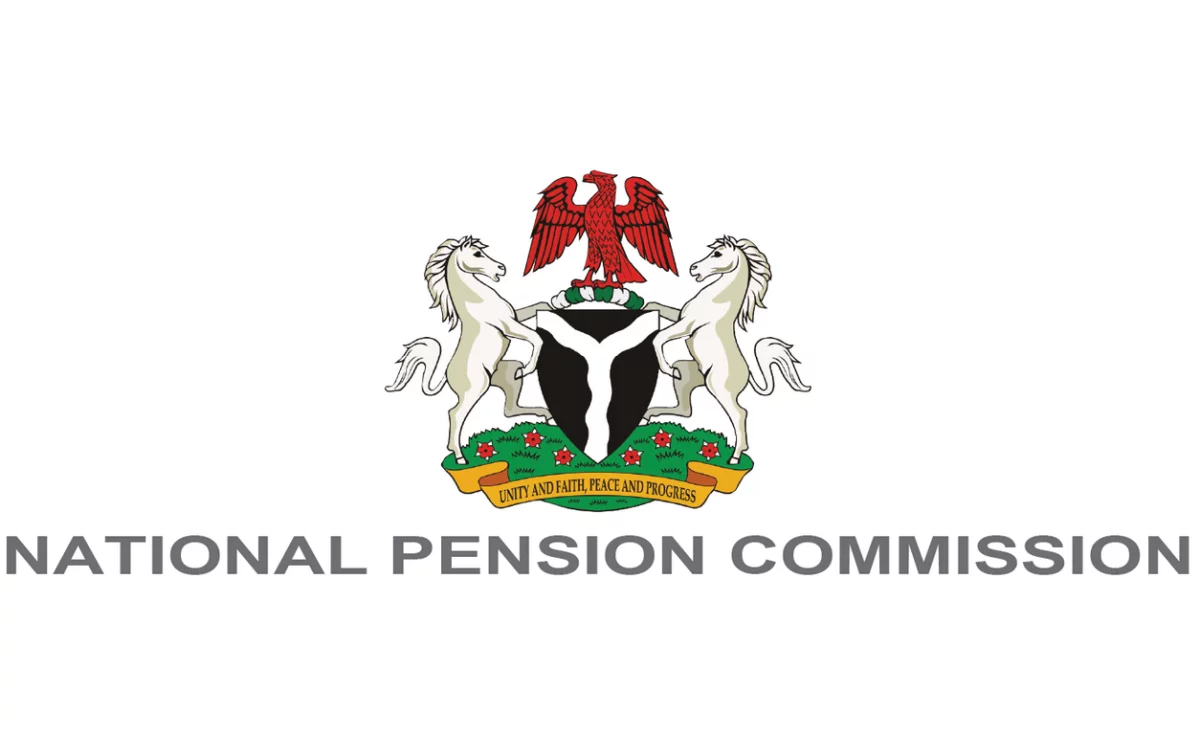NEITI backs Tinubu’s fuel subsidy removal, offers eight strategic considerations
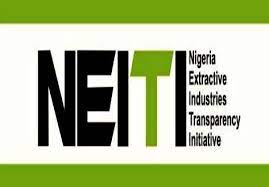
The Nigeria Extractive Industries Transparency Initiative (NEITI) has lauded the political will of President Bola Tinubu to remove fuel subsidy.
A statement from NEITI House, Abuja on Tuesday, described the move as positive, including implementing the agency’s findings and recommendations.
The president, in his inaugural speech on Monday, declared the end of the fuel subsidy regime.
“NEITI particularly welcomed President Bola Tinubu’s position that the revenues saved from subsidy should be channeled to education, health, roads and other critical infrastructure,” said the agency’s statement.
NEITI noted that its recommendations for the subsidy removal remained a persistent request since 2006 given the agency’s concerns about the huge financial burden that the subsidy imposed on economic growth over the years.
NEITI report shows that, between 2005 and 2021, the country spent $74.39 billion (N13.69 trillion) on subsidy.
According to the report, a breakdown of the figures showed that in 2005, the government paid $2.6 billion (N351 billion) as subsidy. In 2006 and 2007, it paid $1.99 billion and $2.18 billion (N257 billion and N272 billion), respectively.
The report further pointed out that subsidy payments more than doubled in 2008 and 2010 and witnessed the highest increase ever in 2011 to $13.52 billion (N2.11 trillion).
NEITI said a sharp decline was witnessed in 2012, 2013, 2014 and 2015 when it dropped to $3.34 billion (N654 billion) in 2012, adding that the decline in subsidy expenditure continued in 2016 and 2017 to as low as $473 million (N154 billion) in 2017.
“The reduction was short-lived as the payments skyrocketed to over $3.88 billion (N1.19 trillion) in 2018 and 2021 to $3.58 billion (N1.43 trillion). By these figures, Nigeria expended an average of N805.7 billion annually, N67.1 billion monthly or N2.2 billion daily,” explained NEITI.
The agency also referred to its data showing that the amount expended on subsidies from 2005 to 2021 was equivalent to the entire budget for health, education, agriculture and defence in the last five years.
It added that the sum equalled the capital expenditure for 10 years between 2011 to 2020, pointing out that it was in 2011 that fuel subsidies dwarfed allocations to all critical areas of the economy.
“NEITI’s persistent calls for the removal of petroleum subsidies were informed by the fact that the ways of funding the expenditure over these years relied more on federation accounts funds, the federal government and sometimes from external borrowing with negative consequences on government overall revenue profiles,” the NEITI statement said.
It added, “NEITI was also concerned that the consequences of funding subsidies have resulted in poor development of the downstream sector, declining GDP growth, rise in product theft, pipeline vandalism, environmental pollution and undue pressure on foreign exchange.”
It stated that other challenges imposed on the economy were naira depreciation, low employment generation, the declining balance of payments and worsening national debt.
In a policy advisory it released in late 2022 to drive home the urgency to remove subsidy and resubmitted in 2023, NEITI recommended eight steps to manage subsidy removal, including the urgency to strengthen the implementation of the Petroleum Industry Act (PIA) as a whole and not in parts.
NEITI also underlined the importance of unveiling the implementation of people-oriented welfare programmes to provide relief for the poor and vulnerable and advised on priority attention to be paid to the rehabilitation of the nation’s four refineries currently ongoing.
On other policy considerations, NEITI urged the Tinubu administration to commission a special report on actual petrol consumption in Nigeria, enforce stringent sanctions for criminal activities in the sector and conduct appropriate stakeholders’ consultations, engagements and enlightenment.
“While the details of the implementation of the policy are being awaited, NEITI is set to commission a special research on the actual consumption of PMS in Nigeria. The study is to establish precisely what the nation is consuming,” agency stressed. “NEITI’s view remains that the data on the country’s actual consumption is unknown resulting in huge revenue losses to the nation through subsidy payments based on estimates.”
(NAN)


